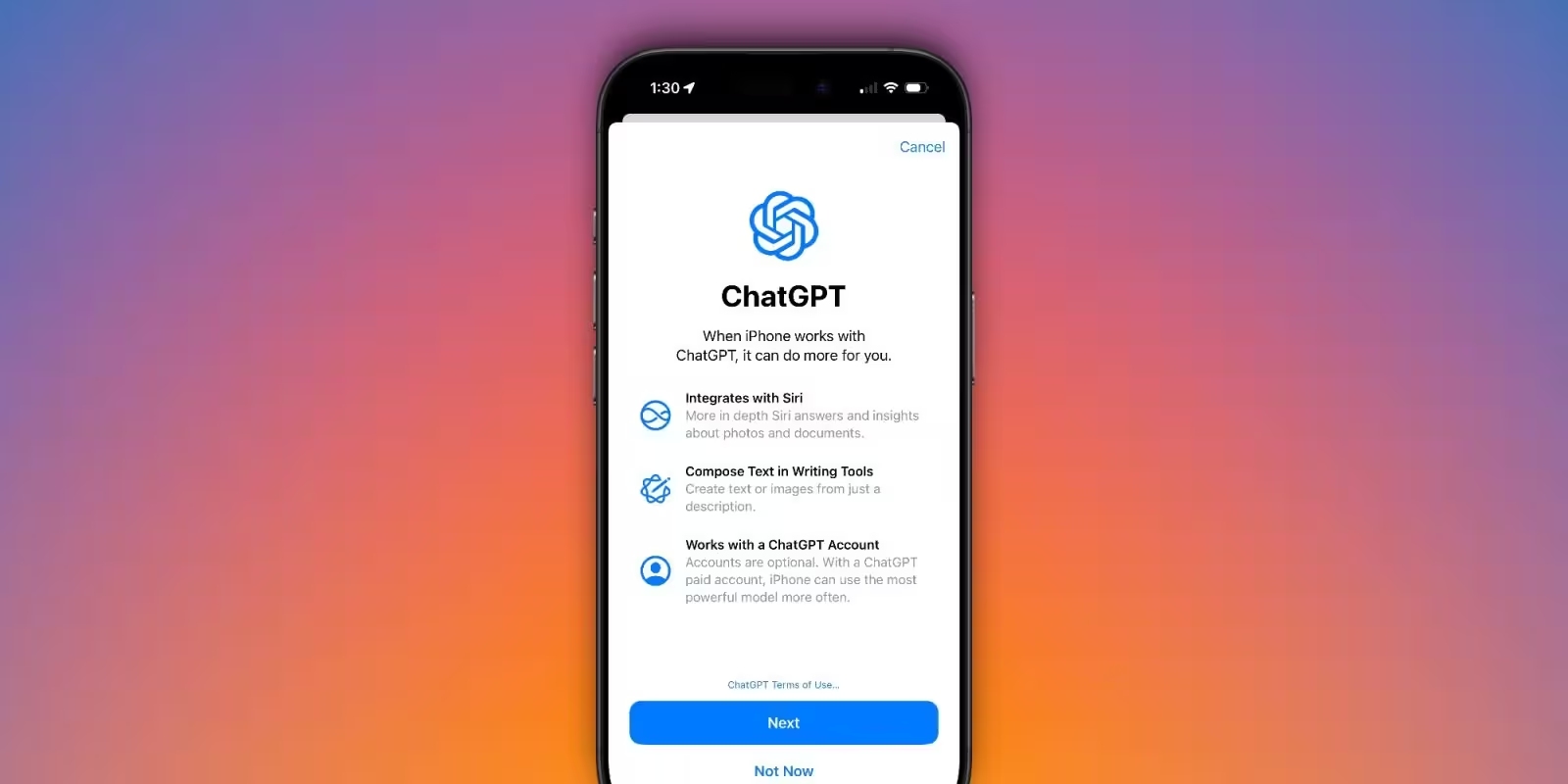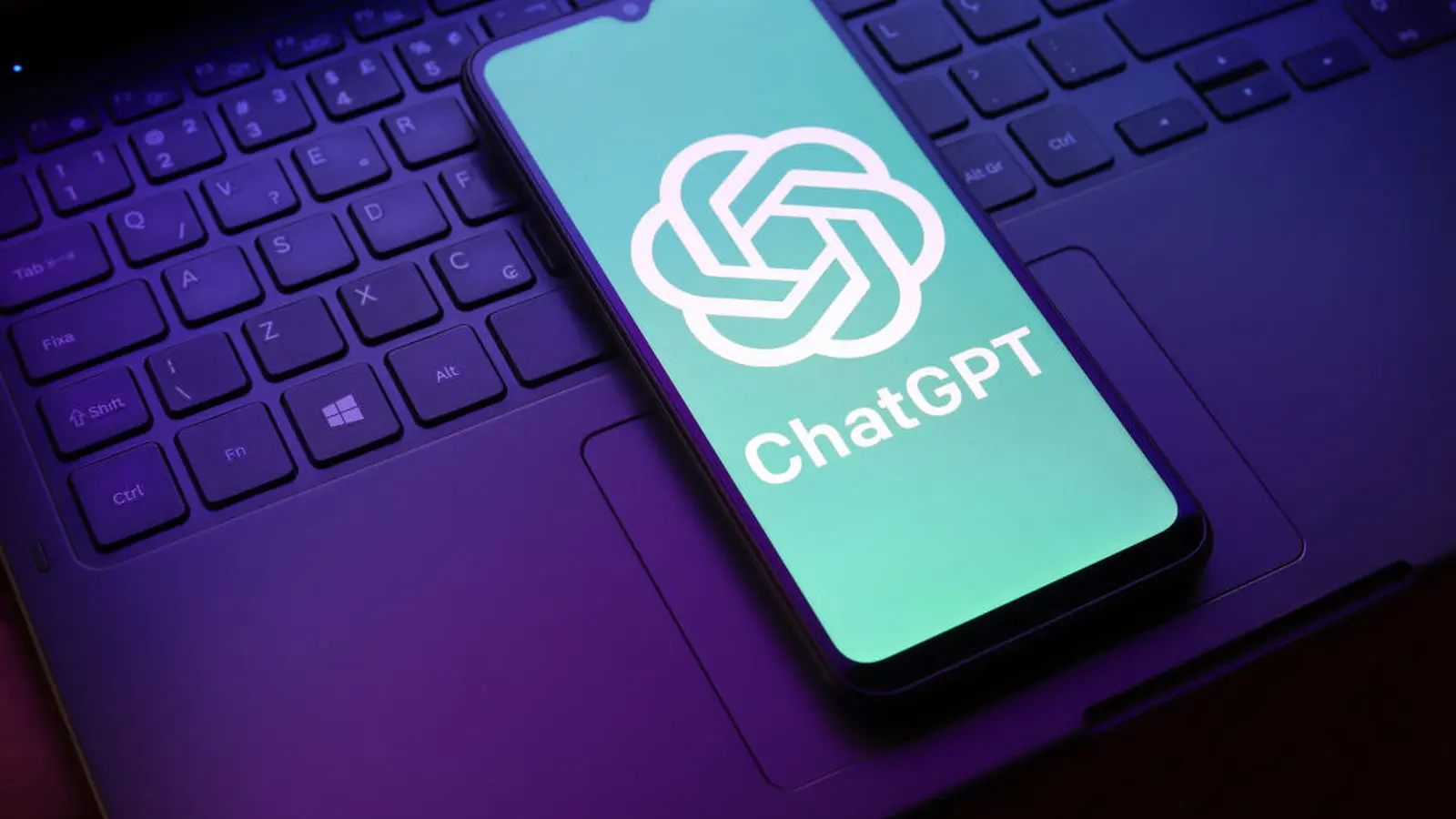3 Minutes
Apple is reportedly preparing to broaden enterprise AI support in the next major iOS update, allowing businesses to deploy Apple Intelligence with configurable enterprise accounts. While individual iPhone users can already choose whether Apple Intelligence connects to ChatGPT, corporate environments demand stricter controls around privacy, data integration, and usage limits. The forthcoming changes aim to give IT teams finer control and more flexibility for AI across managed devices.
Key Product Features
Enterprise ChatGPT support and higher usage limits
According to the report, iOS 26 will add the ability to configure enterprise versions of ChatGPT. This offers different privacy profiles, elevated usage quotas, and deeper company data integration compared with consumer connections.
Modular external AI provider support
Importantly, Apple’s design appears modular: IT administrators will be able to permit or block any "external" AI provider, not only OpenAI. That opens the door to enterprise integrations with other vendors such as Anthropic, Google, and Microsoft, provided those companies offer enterprise accounts compatible with Apple’s management framework.
Device management and IT tooling
Apple is also enhancing its business device management capabilities with new APIs for IT tool integration, Device Management migration utilities, and improvements to the Return to Service solution, simplifying deployment and lifecycle management for corporate fleets.
Comparisons and Advantages
Compared with consumer-only integrations, this enterprise approach prioritizes data governance, scalability, and administrative control. Unlike a single-vendor lock-in, modular AI provider support allows businesses to choose providers based on compliance, model quality, and cost. For IT teams, built-in APIs and migration tools reduce friction when adopting or switching AI services.

Use Cases
Practical applications include secure access to company knowledge bases via AI, automated helpdesk support, enterprise-grade document summarization, and regulated data processing workflows that require audited AI requests. The ability to route requests to an enterprise cloud (even if a company lacks its own OpenAI enterprise contract) can accelerate pilot programs and employee productivity initiatives.
Market Relevance
As generative AI becomes central to workflows, Apple’s move targets enterprise demand for secure, manageable AI on mobile endpoints. Supporting multiple enterprise-grade AI providers positions Apple to serve organizations that must balance innovation with compliance and vendor choice—an increasingly important factor in procurement decisions across sectors.
Limitations and Next Steps
Apple has not publicly confirmed partnerships beyond its consumer-facing OpenAI arrangement, and official details will surface only after Apple’s announcements. Still, the outlined changes signal a strategic push to make iOS a more flexible platform for enterprise AI deployment.
Source: 9to5mac


Leave a Comment